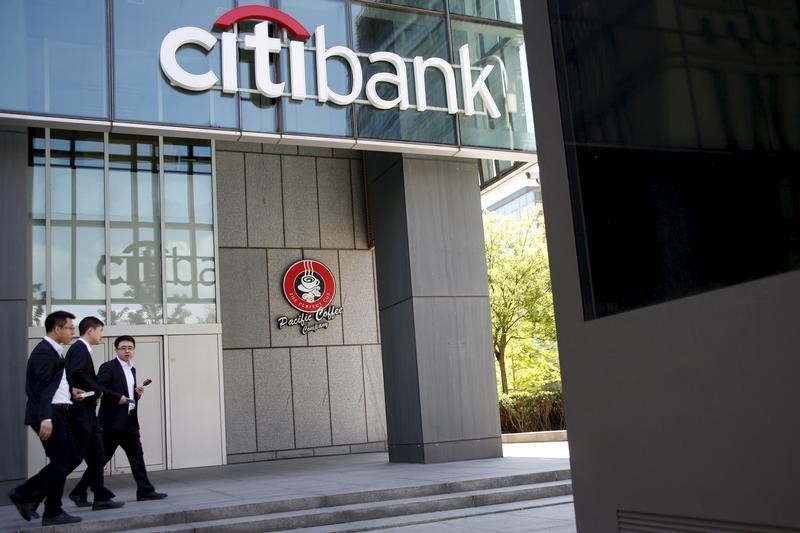Quiver Quantitative - Citigroup (C) has announced a significant restructuring under CEO Jane Fraser, deciding to close its municipal business, once a dominant force in the US state and local debt market. The decision, detailed in a staff memo, reflects Citigroup's recognition that the municipal unit, despite its historical significance, is no longer sustainable in alignment with the firm's goal of improving overall returns. The closure, expected by the end of the first quarter, will affect about 100 employees. Citigroup's municipal business had played a prominent role in major projects like the World Trade Center rebuild and Detroit's streetlight installation, but it has seen a decline in recent years, exacerbated by Fraser's focus on serving large, multinational corporations and challenges in Texas due to the bank's firearms policies.
The decision follows extensive internal debates between top trading executives, including Andy Morton and Mickey Bhatia, and Ed Skyler, head of Citigroup's enterprise services. While Morton and Bhatia pushed for the exit due to profitability concerns, Skyler saw value in the bank's involvement in essential public infrastructure projects. Fraser's determination to meet financial targets and reshape Citigroup's focus ultimately influenced the decision to wind down the municipal unit. This move is part of a broader strategy to exit less profitable segments, following Fraser's decision to leave retail bank operations in various overseas markets.
Market Overview: -In a stunning move, Citigroup shuts down its once-dominant municipal bond business, prioritizing profitability over legacy. -CEO Fraser's restructuring targets higher-margin activities, leaving states and cities to find new partners. -Texas freeze and internal push for profitability seal the fate of a business with deep historical roots.
Key Points: -The $4 trillion municipal bond market loses a major player as Citigroup exits, citing viability concerns and a focus on large corporations. -Fraser's commitment to boosting returns prioritizes profit margins over social impact, leaving a void in infrastructure financing. -The decision follows internal debates and Texas's controversial legislation barring banks with firearms restrictions from state deals. -Citigroup will still engage in select public-private partnerships and maintain investments in municipal bonds, but its core underwriting and market-making activities will cease.
Looking Ahead: -Citigroup's exit raises questions about the future of municipal financing and the role Wall Street plays in infrastructure development. -Smaller players and regional banks may step up to fill the void but concerns about competition and access for municipalities remain. -The decision highlights the tension between profit motives and social responsibility in the financial sector.
Citigroup's municipal business has historical roots tracing back to Salomon Brothers. It was known for its risk-taking approach and significant market presence. The unit's success was largely attributed to Ward Marsh, who led it to become one of Citigroup’s most profitable trading desks. However, recent years have seen a decline in its performance and influence, marked by key personnel departures and increasing competition.
The closure of Citigroup's municipal unit also ties into challenges in Texas, where the bank faced restrictions due to its firearm policies. Texas's legislation against firms discriminating against the firearm industry significantly impacted Citigroup's ability to underwrite municipal offerings, contributing to the decision to shut down the unit. Despite Citigroup's efforts to comply with the law, Texas officials deemed the bank's policies discriminatory, leading to further revenue losses. Citigroup plans to continue investing in municipal bonds and support affordable housing projects through its Citi Community Capital team.
This article was originally published on Quiver Quantitative
